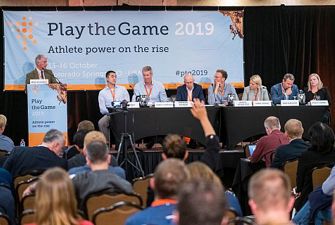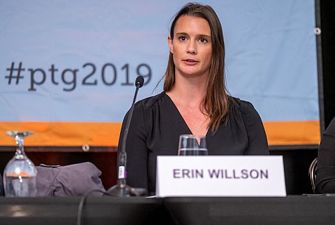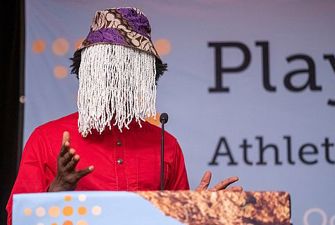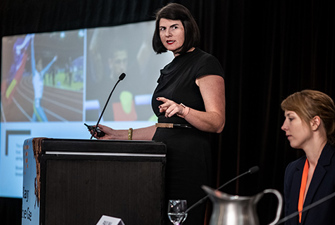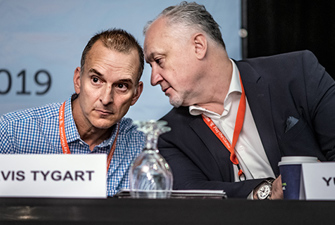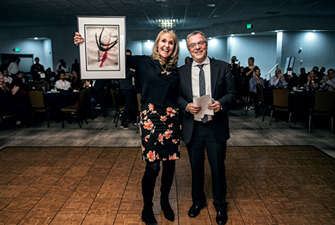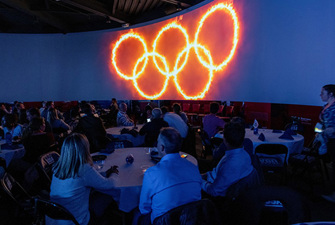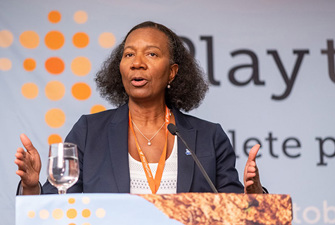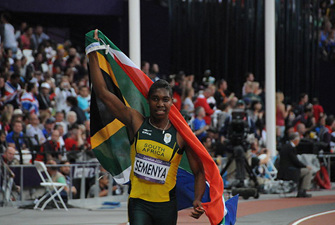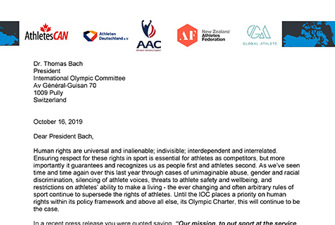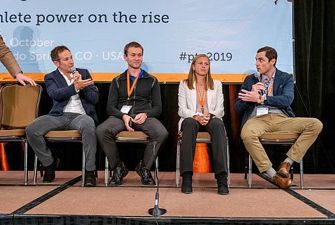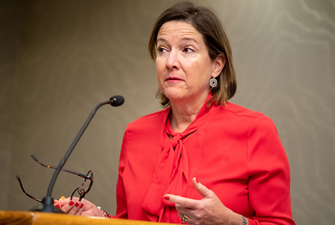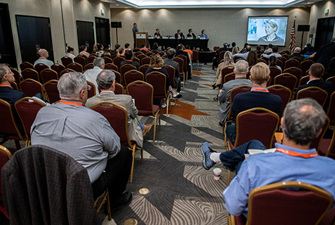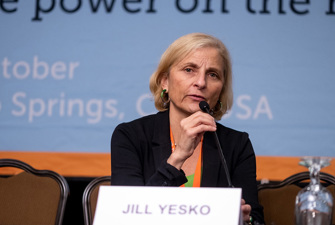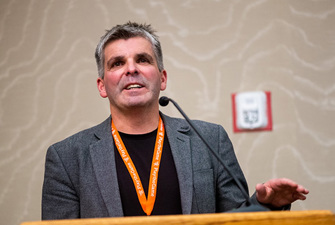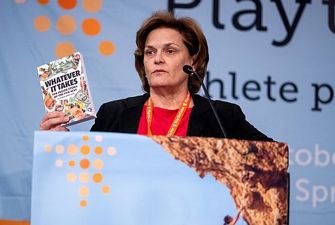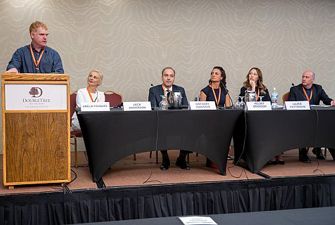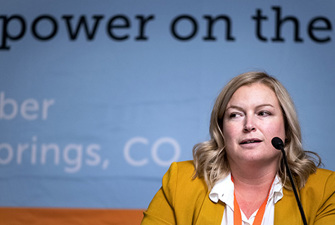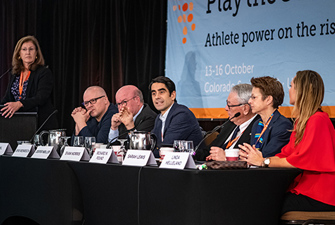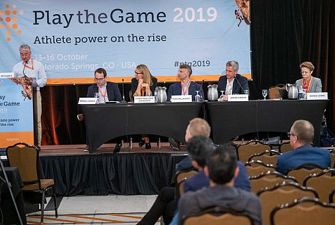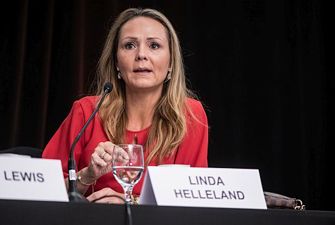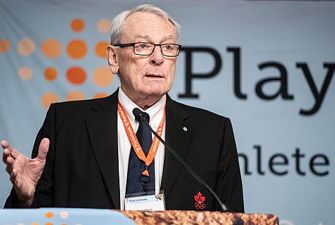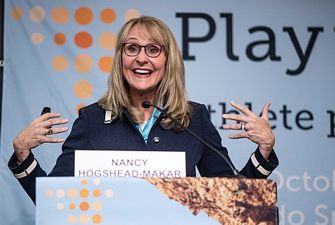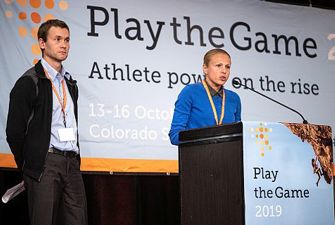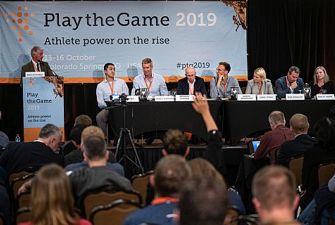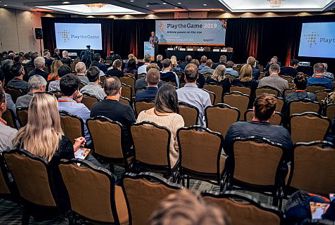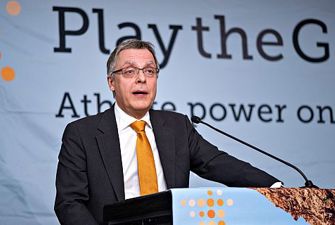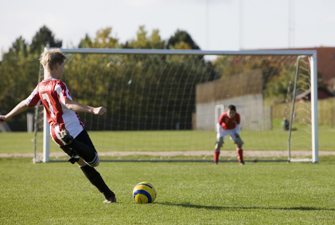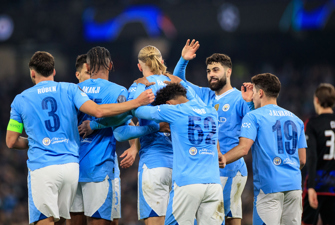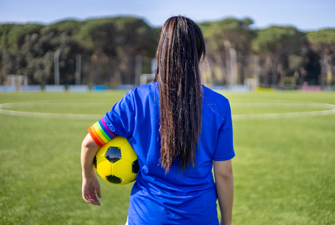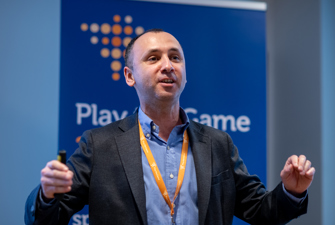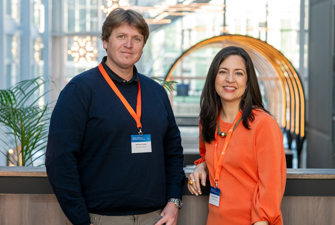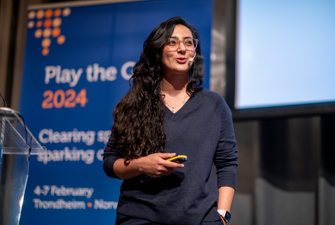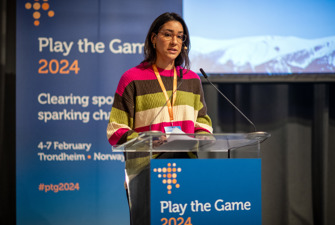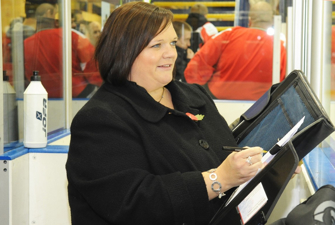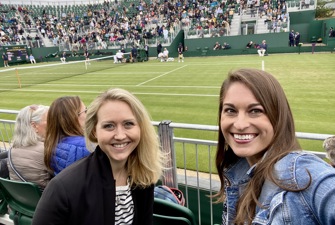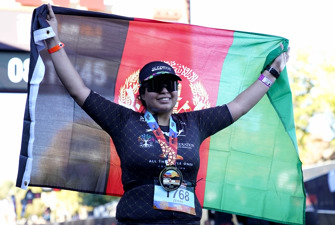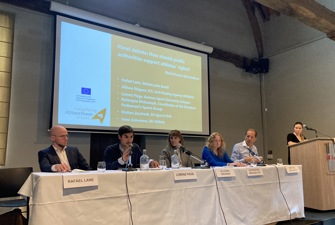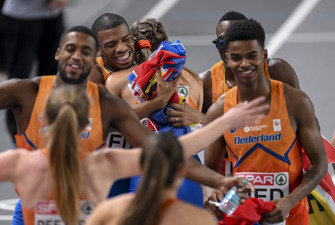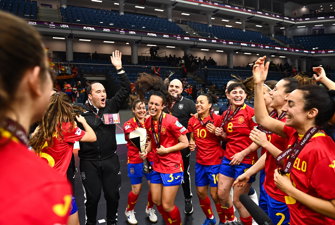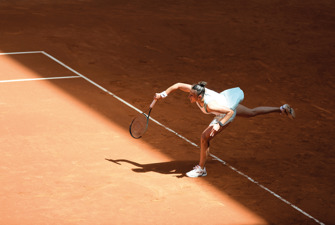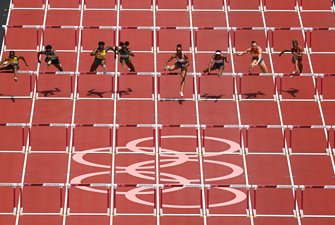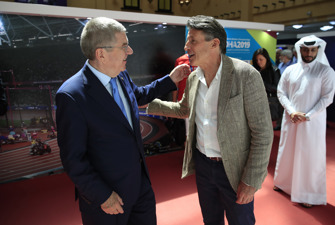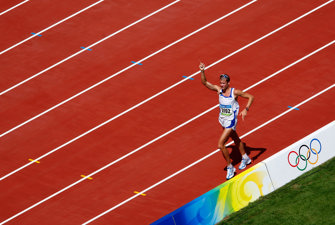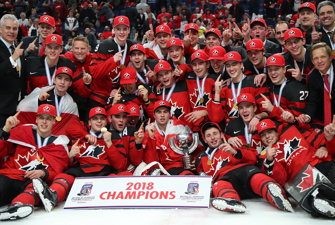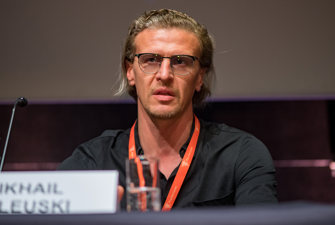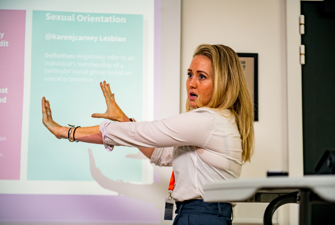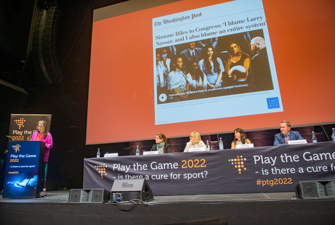Ten years of testosterone trouble
For a decade, the South African athletics star Caster Semenya has been at the center of a controversy surrounding a high level of testosterone in her body and her right to compete as a female. What does the Semenya case mean to athletes?
In 2009, the Australian 800 meter runner Madeleine Pape participated in the International Association of Athletics Federations (IAAF)World Championship in Berlin and witnessed a young South African star being born. Caster Semenya was the name of the new world champion in the event and her victory started a controversy surrounding a high level of testosterone in her body and her right to compete as a female that has now lasted for ten years.
“At the time, I was quick to conclude that, sure, maybe I didn’t want Semenya competing in my event. But I knew nothing about the history of sex testing practices in sport, I knew nothing about variation in human sex development, and I was immersed in a sporting culture in which there are no critical reflection on whether this was how we should be treating our new world champion and other women alleged to have variations in their sex development,” Pape said in a session at Play the Games’ conference in Colorado Springs this week, in which the question was asked what the ongoing dispute between Caster Semenya and the IAAF means to athletes.
To Pape, the ten years of testosterone trouble for Semenya and other women in sport meant that she over time changed her position on the issue. After ending her career in 2010 with an injury, the Australian moved to the University of Wisconsin-Madison in the U.S. to pursue a PhD in Sociology, which led her to reflect critically on that period of her life, and ultimately to a position of support for the participation of women with high testosterone in her sport.
“It wasn’t overnight, and it was a journey during which I often felt confronted and conflicted,” she said, pointing out that her change in position was caused by her change in career, an understanding of the biology, and the science surrounding what sex is, how it occurs in our bodies, and how it relates to athletic performance.
“I had moved to a different ideological or cultural environment in which I was exposed to alternative points of views, and perhaps most critically, there was a change in my understanding of the stakes in regulating inclusion in women’s sport, and that happened through becoming friends with women with high testosterone, AND trans women, and realizing that what we do in sport does have broader implications for their ability to live liveable lives, and I wasn’t prepared to tell my friends that, sure, I recognized them as women outside of sport, but I wouldn’t welcome them alongside me on the track.”
Intense scrutiny
At that point, Pape began to ask why she had been so uncritical as an athlete in Berlin in 2009?
“And, particularly in the lead up to the Rio Olympic Games in 2016, where again, Semenya and two other women of color from Sub Saharan Africa were subject to intense scrutiny and accused of having an unfair advantage, I wondered, has the sport changed? How can we make sense of this ongoing controversy?”
As part of her dissertation, Pape conducted 65 interviews with stakeholders involved at the elite level of track and field, including athletes, coaches, media commentators and journalists, officials, and team staff.
First, the research showed a widespread misunderstanding and misinformation surrounding the complexities of sex, the complexities of testosterone and athletic performance, and the complexities of the decisions taken by the Court of Arbitration for Sport (CAS) in 2015 when they opted to suspend the IAAF hyperandrogenism regulations at the time.
Second, stakeholder opinions on the legitimacy of regulating women with high testosterone were not driven by science, even though this issue is often framed as a scientific matter.
Third, she found evidence of institutional racism.
And fourth, the research showed a very deep-seated fear of change and the unknown, not only in relation to redefining women’s sport as inclusive of women with high testosterone, but also trans women.
An exclusive approach
“So we have on our hands an ideologically divided sport. What we have in common is that we all want what’s best for women. Where we disagree is on what that looks like, because we are committed to different understandings of what a woman is, and what our strategy should be for pursuing gender equality,” Pape said.
“So what now? How do we get beyond the impasse to depolarize this emotionally charged topic and enable listening, understanding, and respectful dialogue? Can we reimagine women’s participation in a sport in a way that makes room for a more inclusive and expansive definition of the female body? This is an especially pressing question in a social context where the boundaries of sex and gender are shifting, and it is going to become increasingly untenable for organisations like the IAAF to maintain an exclusive approach to female athlete eligibility.”
And to the former Australian athlete, there are many other questions to reflect on:
“What kind of education efforts could be undertaken by the IAAF and the IOC? Women’s sports organisations? LGBTQI organisations? Athlete representative bodies? What are the conditions for enabling more compassionate and considered – and less far driven – discussions about female eligibility? What role should science play and how should it be balanced alongside other considerations, such as disproportionate impact on women of color from Global South nations?”
Four fatal flaws
To many stakeholders in sport, the Semenya case has been an example of IAAF’s wrongdoing towards a strong athlete, who will not give up her right to compete as woman. One of the IAAF critics, the editor of The Sports Integrity Initiative, Andy Brown, also took part in the session:
“I have been following Caster Semenya’s case for over ten years now. Although the IAAF denies it, for ten years it has been calling Caster Semenya a man. Its latest incarnation of this is that Semenya – and all DSD athletes are ‘biologically male’,” Brown said.
And Roger Pielke Jr., a professor at the University of Colorado and an expert witness for Caster Semenya before the CAS in February, said that the IAAF has made four fatal flaws in the case:
“IAAF rewrote the regulations on the eve of the CAS hearing. IAAF used flawed empirical science to establish the restricted categories. IAAF uses flawed theoretical science to reclassify certain females as ‘biologically males’. IAAF regulations require that medical professionals violate widely held guidelines for medical and research ethics.”
The IAAF did not attend the session. But according to Play the Game’s International Director, Jens Sejer Andersen, the IAAF was invited to present its views on the Semenya case at the conference in Colorado Springs.
